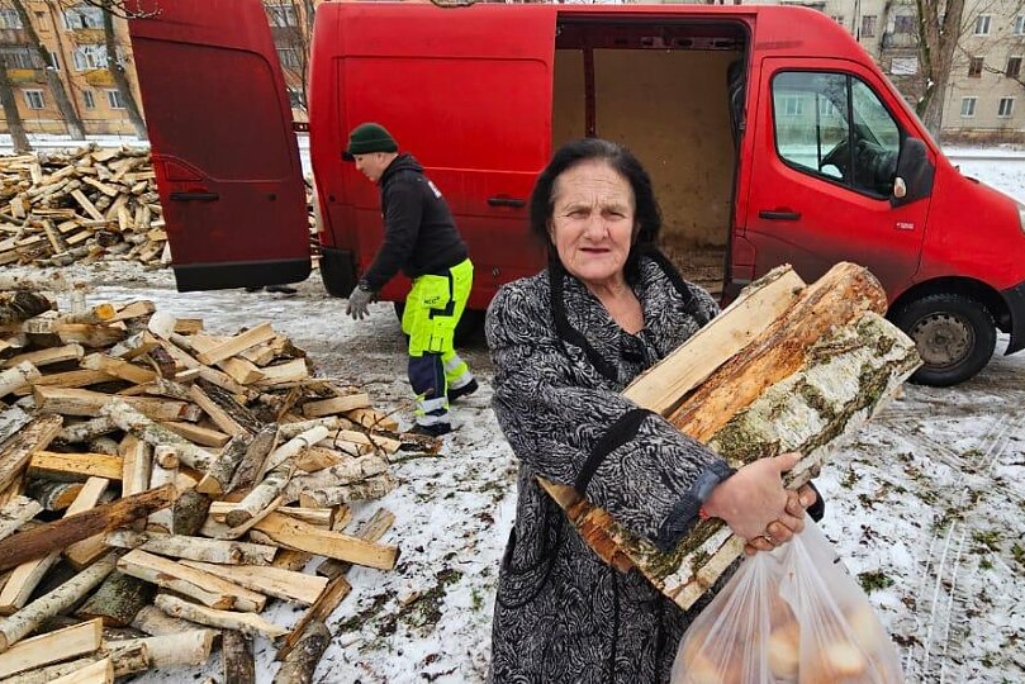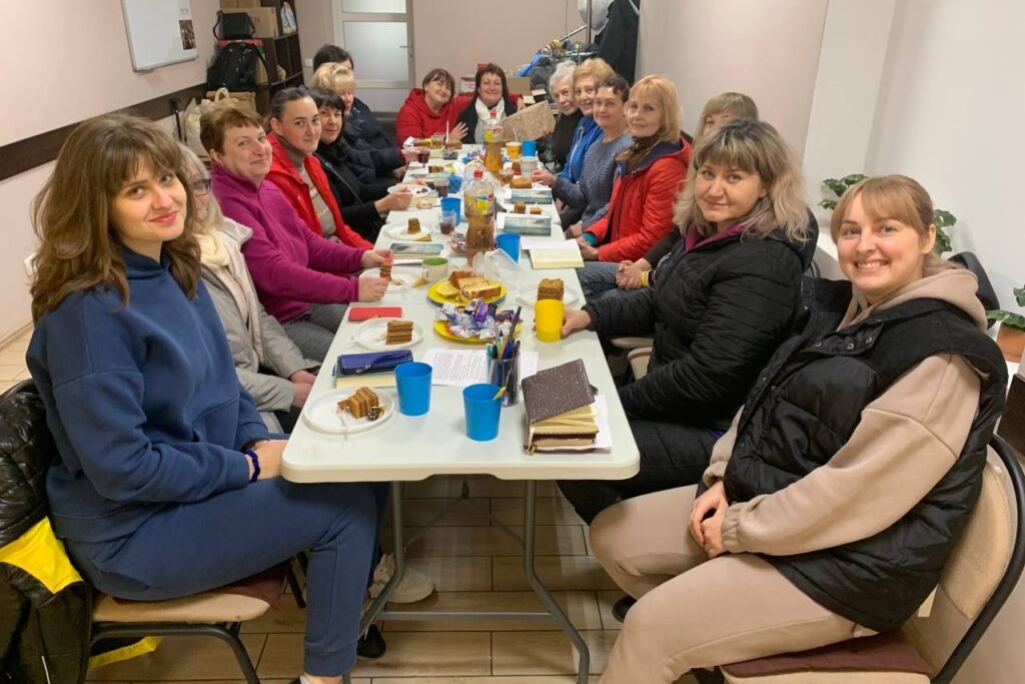Rocked by Vladimir Putin’s unprovoked attack on Ukraine, Southern Baptist Slavic churches in California confess a love among Russian, Ukrainian and other Slavic peoples cemented in a shared language, culture and gospel conviction.
Russian Baptist Church in West Sacramento, a congregation of Russians and Ukrainians that drew about 2,700 Sunday worshipers before the COVID-19 pandemic, is particularly challenged by the tragedy. Before the Russian invasion, the church mostly steered clear of politics, senior pastor Mikhail Avramenko told Baptist Press.
“We condemn the invasion. We condemn the war and we condemn the pressure which is now from the Russian side toward the Ukrainian government,” Avramenko said. “We believe that Ukraine is an independent, free country. But before this happened, we never speak out or speak loudly about this issue, because we stay away from political points, (because) we’re preaching Christ. … It’s definitely a touchy subject now.
“We have here in California many, many Slavic churches,” he said. “When I say Slavic, I want to stress that they are both mixed by nationality, Russian and Ukrainian, Moldavian or Belarus. So basically, the common denominator is language, definitely, and culture.”
About 30%-40% of the members of Russian Baptist Church, one of many Southern Baptist Slavic congregations in California, are Ukrainian, and many of the families include both nationalities, Associate Pastor Igor Dronov said. Members are grieving in various ways, both quietly and vocally.
“So we are allowing the grieving process to go its way,” Dronov said. “We are there to support, to help and of course we do God’s work trying to mediate through the grief, so that people will respond biblically the way Christ told us.”
In cooperation with Baptist Slavic churches in California, the Russian Baptist Church is participating in a cooperative schedule of prayer and fasting. The churches are collecting freewill offerings and wiring money to pastors in Ukraine to help both those who remain in the country and those who have fled. Clothing and toys donated by children were shipped to Ukrainian schools Feb. 28. Church members are communicating with family members in Europe.
“The first level of communication or support is prayer,” Avramenko said. “So definitely, as soon as we knew the war was starting, we established our prayer meetings. Even last Sunday, all day in the church we pray with prayer chain meetings, like after service, every hour we have different groups coming and praying for peace in Ukraine, for stop the war, for stop the invasion.”
The church membership is challenged by the war, Avramenko said.
“We definitely feel tensions between some Russians and Ukrainians because some of the people (are) very, very hurt,” he said. “Their families there (are) struggling. They’re refugees now in different countries. And they’re very hurt about what Russian government did. So definitely, they’re in grieving process and they’re very irritated by that.”
The Russian Baptist Church is ready to help any refugees of the war who are able to flee to California.
“Definitely if some Ukrainians came, we will help them to establish their lives” Avramenko said. “We even have some Americans come to our church and offering their help. They say if you ever have some families coming to your church, immigrated because of Ukrainian crisis, let me know. I will help. And definitely our families will take whoever will come here. It’s no question.”
First Ukrainian Baptist Church (non-Southern Baptist) in Roseville, hosted a meeting Feb. 28 of the Sacramento Slavic Baptist Pastors Association, which includes Russian Baptist Church.
Oleg Kostyuk, a North American Baptist Conference pastor who leads the association, said Slavic churches in the region are cooperating to send medical aid, food and clothing, to encourage U.S. intervention and prepare for any refugees who might be able to flee to California. The Slavic community in California numbers 300,000 or so, he said, himself having emigrated from Moldova in 1993.
Slavic pastors held a public prayer meeting on the steps of the state capitol in Sacramento March 6 in support of Ukraine, Kostyuk said, after holding its first such meeting Feb. 27 for two hours.
A local Slavic pastor flew to Poland March 1 to help refugees, and several churches are sending containers of supplies. An estimated 1.5 million Ukrainians have fled the country since the war that began Feb. 24, the United Nations high commissioner for refugees said March 6.
“We’re open to anybody trying to direct humanitarian aid,” he said.
Slavic refugees who immigrated to California in the years preceding the war have been open to the gospel, Kostyuk said.
“People are open to the gospel. Lately, there’s a lot of people from are Russia coming here, the majority fleeing Russia,” he said. “They’re open to the gospel. … You don’t have to put up special programs to invite and keep them in the church. … Just read the gospel, people listen, they repent and come to Jesus.”
(EDITOR’S NOTE – Diana Chandler is Baptist Press’ senior writer.)


